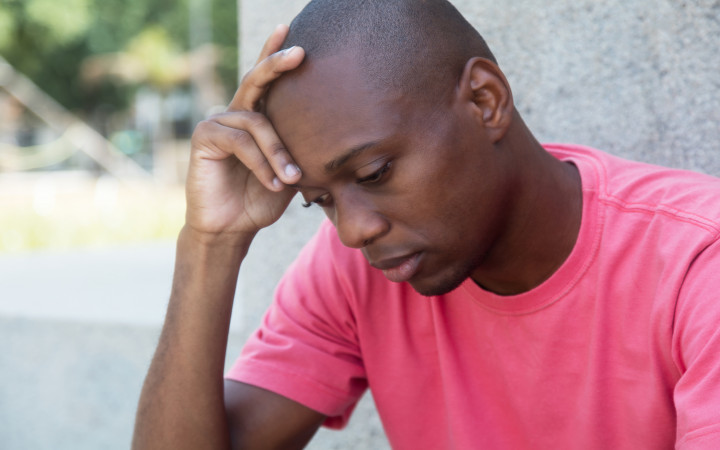Today’s Wonder of the Day was inspired by Myanna from SC. Myanna Wonders, “What is depression?” Thanks for WONDERing with us, Myanna!
Think about your favorite activity. What is it? Do you love to play sports? Would you rather stay in and read? Do you feel most yourself when you listen to music? Imagine yourself taking part in your favorite activity. How do you feel? Many kids might say their favorite activity makes them feel happy, excited, or amused.
Now, imagine you wake up one day and don’t feel any of those things. You’re playing volleyball with your friends, reading a good book, or listening to your favorite band. But you don’t enjoy it anymore. Instead, you feel sad. Or maybe you’re not feeling any emotions at all.
What’s going on? You felt fine yesterday. But today, you’re just...down. Well, you’re not alone. This happens to many people. Sometimes, it goes away within a few hours or days. But if a person feels down for two weeks or more, they may be going through depression.
You may have heard of depression. However, many people misunderstand what depression is. It isn’t just feeling sad or blue. Everyone feels sad sometimes. Someone experiencing depression, though, might feel sad, anxious, or even hopeless for a long time. It’s also common for them to have feelings of guilt, irritability, or emptiness.
When experiencing depression, a person might also have a hard time focusing. They could fall behind in work or school. They might feel tired more often. They could have trouble sleeping or sleep too much. Sometimes, depression even causes headaches and stomach aches.
As you can see, depression has many symptoms. It doesn’t look or feel the same for every person. That’s why it’s important for a doctor to help. Depression is a medical condition that affects about one in six people during their lifetime. Once it’s diagnosed by a doctor, depression can be treated.
Treatment improves symptoms for many people experiencing depression. Doctors can help a patient find the right treatment plan. This often includes medication and talk therapy.
What causes depression? There are several risk factors. Sometimes, it runs in families. People who experience violence or poverty are often more likely to have depression. Other common factors are low self-esteem and high stress. Sometimes, depression is caused by differences in chemicals in the brain. Often, many factors work together to cause depression.
Do you know someone who might be going through depression? The best thing you can do is to spend time with them. Be there when they’re ready to talk. It may take a while for them to feel better, but knowing you’re there for them will help.
When you’re feeling down, talk to people you trust about it. A conversation with a close friend or family member can really help. So does taking part in your favorite activities, exercising, and getting the right amount of sleep. These are great healthy behaviors for anyone to practice! And they can help someone going through depression get back to feeling like themselves.
Standards: NGSS.LS3.A, CCRA.L.3, CCRA.L6, CCRA.R.4, CCRA.R.1, CCRA.R.2, CCRA.R.10, CCRA.W.3, CCRA.W.4, CCRA.L.1, CCRA.L.2, CCRA.SL.1, CCRA.SL.2




